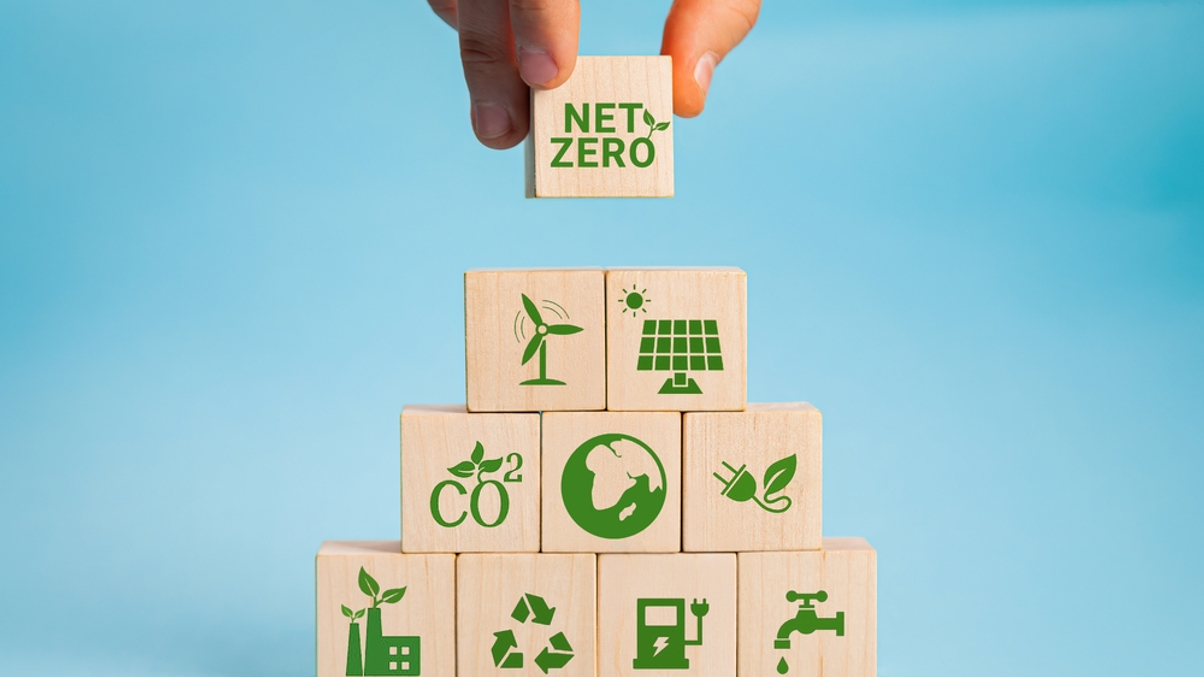Temasek steps up efforts to decarbonise 'hard-to-abate' sectors
Singapore's state investor Temasek is ramping up its decarbonisation efforts for sectors in its portfolio with a traditionally larger carbon footprint.

Temasek is standing behind its portfolio companies in 'hard-to-abate' sectors, by supporting their carbon abatement actions.
Sign in to read on!
Registered users get 2 free articles in 30 days.
Subscribers have full unlimited access to AsianInvestor
Not signed up? New users get 2 free articles per month, plus a 7-day unlimited free trial.
¬ Haymarket Media Limited. All rights reserved.


